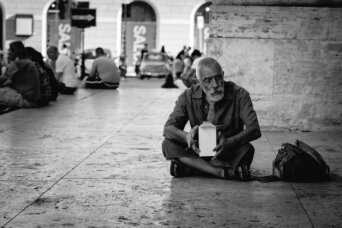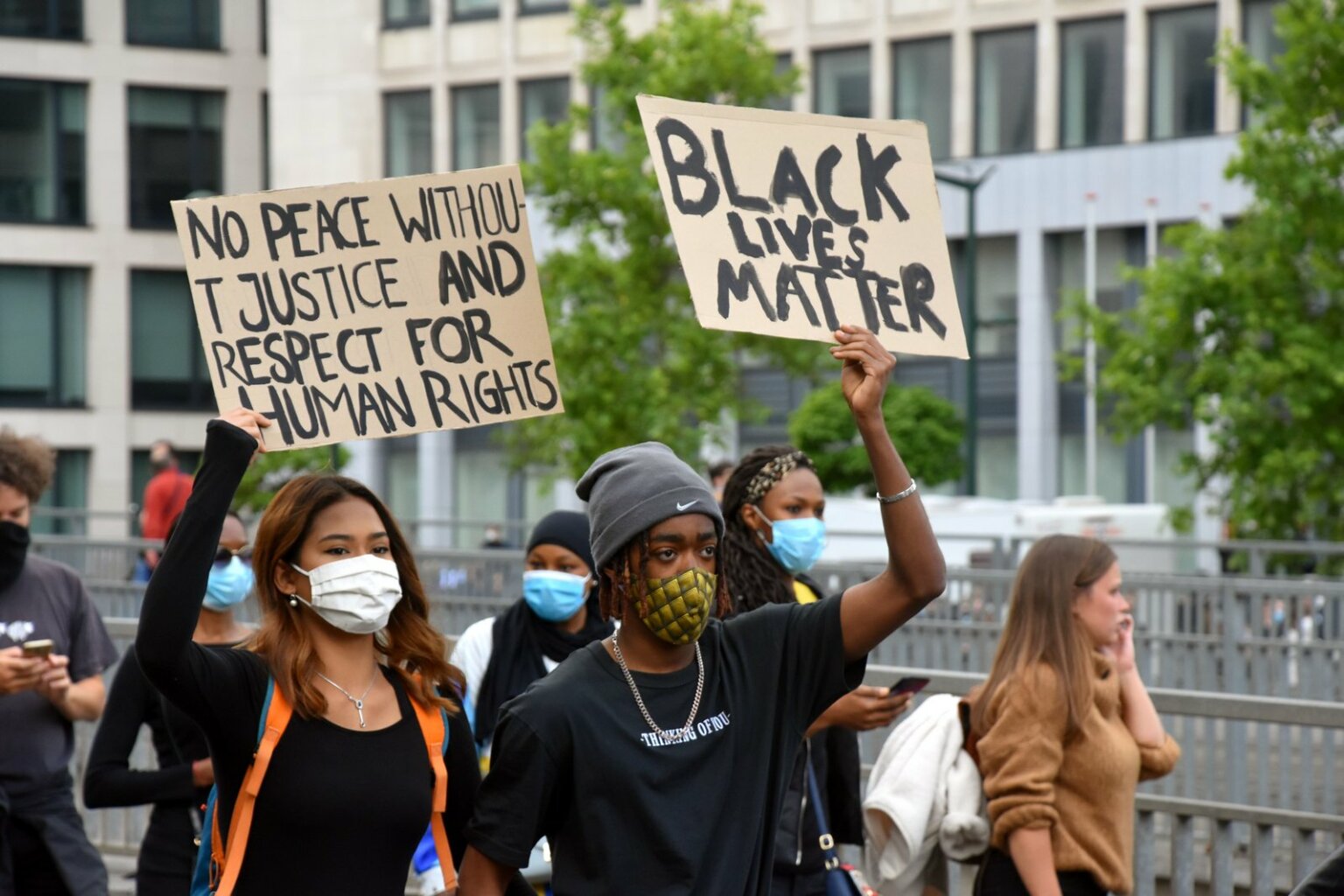- About
- Topics
- Picks
- Audio
- Story
- In-Depth
- Opinion
- News
- Donate
- Signup for our newsletterOur Editors' Best Picks.Send
Read, Debate: Engage.
Last Saturday, some 500 people, most of them Roma from the Czech Republic and neighbouring countries, took to the streets in the small town of Teplice, northern of the capital Prague, to mourn the death of Stanislav Tomas. They gathered at precisely the same place the 46-year-old Roma man had died seven days earlier, after being knelt on by police officers who arrested him.
Protesters also wanted to stand up against police brutality and discrimination in general, accusing the authorities of systemic racism that the minority faces in everyday life.
Just a day earlier, news from across the ocean had rattled the world. It took a year for the US judiciary to convict former police officer Derek Chauvin who killed George Floyd on a Minneapolis street. Chauvin was sentenced to 22 and half years in prison.
The court decision was viewed as a historic one. Perhaps it motivated and encouraged Tomas` compatriots to raise their voices and be heard. They chanted "Rise up Roma!”; they waved the Roma community flag, lit the candles at the corner where the incident took place and wore placards reading ‘Roma Lives Matter’ walking towards the police station.
Indeed, there are some similarities between these two cases. A video of the incident that was uploaded online on 19 June (the day of the incident) shows a half-naked man lying on the roadside and three police officers around him. The man on the sidewalk is trying to resist, while one policeman kneels on his neck, and another one leans over his legs.
Bystanders in the video warn the police that the man can't breathe and call the man not to fight. His struggle fades towards the end of the footage, until he finally grows completely still. The police said drugs had caused his death, and denied the existence of a ‘Czech Floyd’ or ‘Roma Floyd’.
There are also some seemingly unbridgeable differences between the global Black Lives Matter (BLM) movement and the rather non-existent RLM, partially due to geopolitics.
Citizens in the former Warsaw block still carry the significant heritage from communism. That includes the high confidence in the army and police, as well as strong prejudices against Roma people.
Another phenomenon that had also been carefully nurtured in totalitarian regimes is that people were convinced that if someone violates the law, the police have a right to use excessive force while handling them. As far as many in the region are concerned, no human rights should be afforded to anyone the police deal with.
Image: John Moeses Bauan.

